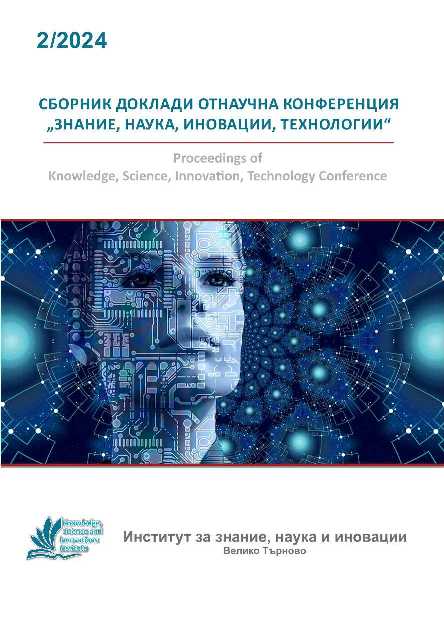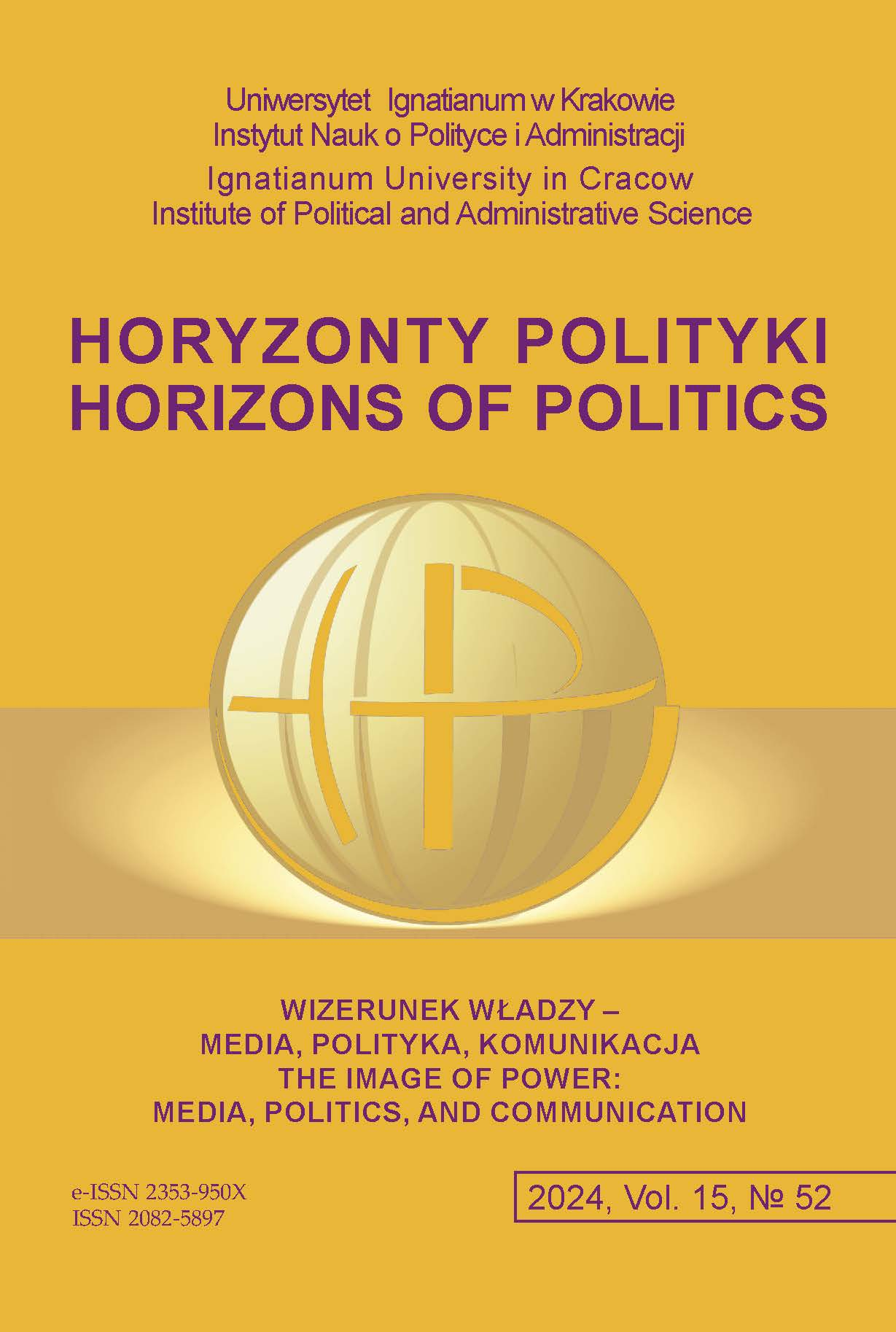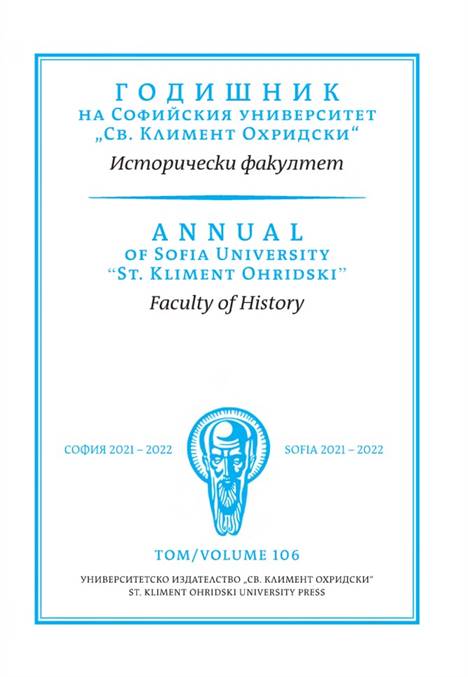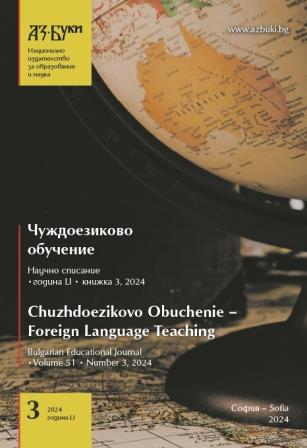Author(s): Robert Nęcek / Language(s): Polish
Issue: 52/2024
RESEARCH OBJECTIVE: The aim of the article is to present the basis of Church‑State relations, where communication and compromise are important components. THE RESEARCH PROBLEM AND METHODS: The main research prob‑lem is to determine the foundations of appropriate relations between the state and the Church for the common good. It is about defining how the Church un‑derstands the basis of these relations, what is the duty of the state and what is the duty of the Church, and what should the state be like – secular or secular? In the implementation of the subject matter, methods adequate to the interdisciplinary nature of the study will be used: hermeneutic text analysis and comparative analysis with elements of analysis and synthesis. THE PROCESS OF ARGUMENTATION: The following issues were discussed, showing the basis of proper relations between the Church and the state – defining the goal of the state, i.e. the common good understood in detail as securing the legal order, securing the welfare order and defining a secular state. Then, defining the purpose of the Church as a supernatural community understood in detail as acting religiously and ethically and socially, which per‑forms a critical function towards the state, as well as appreciating communication and a healthy compromise in mutual cooperation. RESEARCH RESULTS: The Church, cooperating with the state for the com‑mon good of citizens and believers, prefers a secular state, i.e. a non‑religious state, i.e. one that does not identify itself with the ultimate goal of citizens’ lives, but recognizes the right to religious pursuits. After all, you need to understand what a compromise is, when you can make it and when you can’t think about it. The basis of getting to know each other is communication.CONCLUSIONS, INNOVATIONS, AND RECOMMENDATIONS:You should carefully study the goals of the state and the Church, discover what communication is all about and when to compromise and on what issues.
More...





